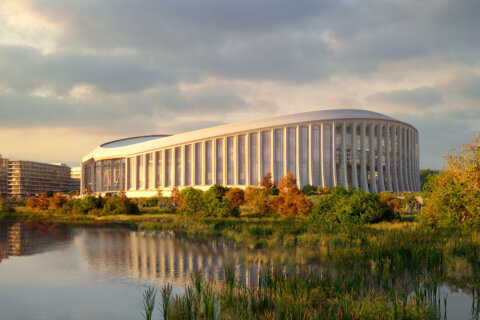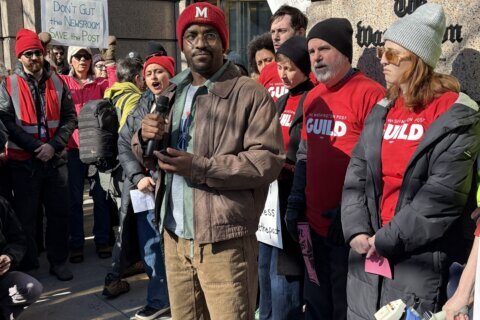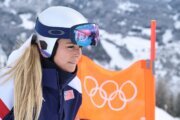If you live in D.C. and need that extra jolt from a Red Bull or Mountain Dew, you might be paying quite a bit more when you go to the counter if a newly introduced tax is passed.
The legislation before the D.C. Council would place a $.015 cent-per-ounce excise tax any on sugary drinks like sodas, energy drinks and sports drinks. The price for 12-pack of Coke would go up over $2.
It is called the Nutrition Equity Bill and supporters claim that it will discourage residents from buying sugary drinks and make healthier options, especially in low-income neighborhoods in Northeast and Southeast D.C., where obesity and diabetes are diagnosed at high rates.
Council member Mary Cheh, a sponsor of the bill, told WTOP, “This excise tax would go right on the product. Thereby making it apparent to the purchaser that it is more expensive than it was.”
Cheh said that she hopes the bill will especially target children’s habits:
“We have a serious problem particularly with children who are overweight or obese, and the medical community says if that is the case then it is likely that they are going to stay overweight into adulthood and that carries all sorts of medical problems. And the CDC has said if you try one single policy to address obesity in children in particular, a soda tax would be that because there is a direct correlation between the amount of soda kids are drinking and this whole issue of weight gain.”
Rolled in the bill is a stipulation that all of the District’s homeless shelters would be required to provide more nutritious meals that are consistent with the Dietary Guidelines for Americans. Cheh said that revenue produced by the new soda tax would directly fund this new initiative. It also establishes grants to support nutrition education, cooking lessons, and gardens at family shelters and transitional housing.
In a release about the bill, supporters point to similar measures in both Philadelphia and Berkley that reduced the consumption of sugary drinks.
A study done at the University of California, Berkeley, after the city passed its soda tax found that residents reduced soft drink consumption relative to comparison cities.
In 2019 a similar bill was introduced to the D.C. council.
At the time, opponents said the tax would hurt local grocery stores by encouraging shoppers to leave D.C. and shop in Maryland or Virginia. Opponents also claim that an excise tax on sodas is regressive and would affect poorer residents disproportionately.
An analysis done by the National Bureau of Economic Research said the soda tax in Philadelphia did decrease the amount of sugary drinks bought in the city but increased shopping trips outside the city.
And while that study found that kids who drank high quantities of soda did decrease their consumption, overall they “generally do not find detectable effects of the tax on children’s consumption of beverages.”
A similar study conducted by the Carlson School at the University of Minnesota found soft drink consumption decreased by 22% but they did not find “a significant reduction of calorie or sugar intake.”
Six members of the D.C. Council sponsored the bill, meaning only one more member would need to vote yes for the bill to pass.








